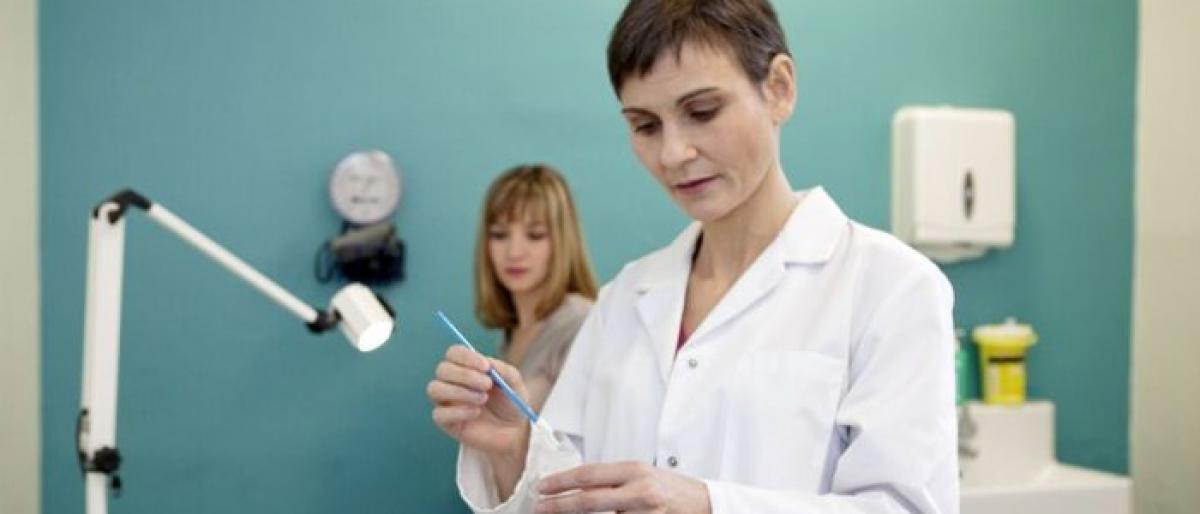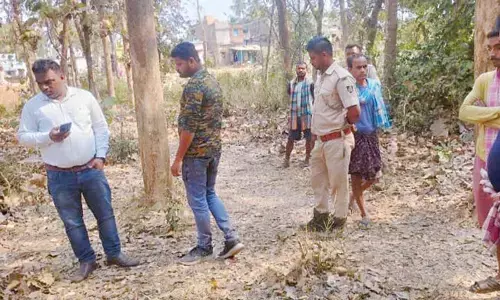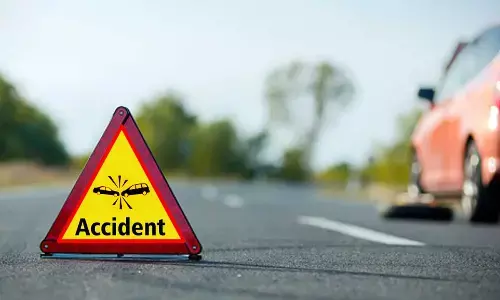A stitch in time saves nine

While women face health problems as much as men, there is relatively less priority given to their health, due to various reasons.
With non-communicable diseases on the rise today, the importance of getting a regular health checkup cannot be underscored. While women face health problems as much as men, there is relatively less priority given to their health, due to various reasons. A focus on preventive healthcare thus becomes imperative in women of all age groups. Following are some health checkups that women above the age of 30 should undergo.
Electrocardiogram: While heart problems have always been thought to be prevalent in men, the fact is that women are increasingly becoming prone to them. However, the fact that symptoms vary in women delays diagnosis. An electrocardiogram undertaken once every four years over the age of 30 can help in detecting heart diseases.
Breast exam/Mammogram: Breast cancer is highly prevalent in women today and is a leading cause of morbidity and mortality among them. It can occur in women with no identifiable risk factors and also in those who have had their first full-term pregnancy at the age of 30 years or older.Although a breast exam or mammogram is advised over the age of 40, getting one done at 30 will help establish a baseline.
Pelvic exam: A pelvic exam is used to check the Vulva (external genital organs), Uterus (the womb), Cervix (opening from the vagina to the uterus), Fallopian tubes (tubes that carry eggs to the womb), Ovaries (organs that produce eggs), Bladder (the sac that holds urine), and Rectum (the chamber that connects the colon to the anus). A pelvic exam can help detect any abnormalities or growths. This test is a must, every two years, over the age of 30.
Pap smear: Cervical cancer has emerged as the second most common cause of cancer-related deaths inIndian women. Those aged between 15 and 44 are particularly at risk. Cervical cancer affectsthe lining of the cervix, or the lower part of the uterus. A Pap smear helps in the detection of cervical cancer and can help in timely prevention/cure if done once every two years in women over 30.
Cholesterol: High cholesterol is a major risk factor for heart problems in women later in life. Only timely checkups and diagnosis can help in understanding whether the cholesterol levels are high. It is also imperative to modify eating habits accordingly.
Diabetes: Women are as prone to diabetes as men. Uncontrolled blood sugar levels can cause many other complications in women as well. Regular blood or urine tests can help analyse blood sugar levels and are a must-do after the age of 30.
Sexually transmitted diseases: For those in an active sexual relationship, it is a good idea to get tested for sexually transmitted infections once in every five years. If you have multiple sexual partners, this test should be done every six months.
Eye tests: Eye exams on a regular basis are critical for detecting conditions such asGlaucoma, Age-related Macular Degeneration (AMD), Cataracts, and Diabetic Retinopathy. Getting an eye check up on a regular basis is also recommended given the fact that women, too, spend a lot of time in front of computers and on mobile phones, be it in office or at home.
In conclusion: Apart from all the above-mentioned tests, women must also ensure that they lead an active lifestyle and eat healthy. Preventive care is about more than just health checkups. It is a long-term investment which can avert many serious health problems, and help you reach your personal health and wellness goals.
By: Dr Ramananda Srikantiah Nadig
Head of the Clinical Advisory Board, Healthi








